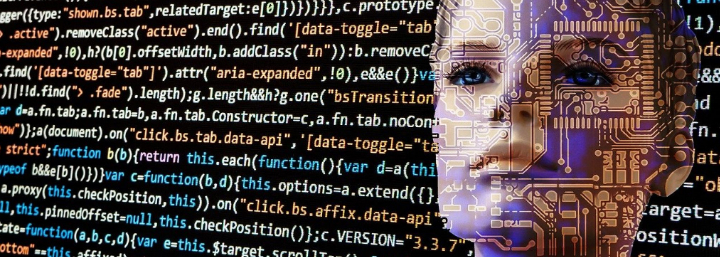A Cyber Security Primer

What is Cyber Security?
Cyber security refers to the body of technologies, processes, and practices designed to protect networks, devices, programs, and data from attack, damage, or unauthorized access. Cyber security may also be referred to as information technology security. (digitalguardian.com)
Why is Cyber Security Important?
Cyber security is important because government, military, corporate, financial, and medical organizations collect, process, and store unprecedented amounts of data on computers and other devices. A significant portion of that data can be sensitive information, whether that be intellectual property, financial data, personal information, or other types of data for which unauthorized access or exposure could have negative consequences. Organizations transmit sensitive data across networks and to other devices in doing businesses, and cyber security describes the discipline dedicated to protecting that information and the systems used to process or store it. As the volume and sophistication of cyber attacks grow, companies and organizations, especially those that are tasked with safeguarding information relating to national security, health, or financial records, need to protect their sensitive business and personnel information. As early as March 2013, the nation’s top intelligence officials cautioned that cyber attacks and digital spying are the top threat to national security, eclipsing even terrorism. (digitalguardian.com)
9 Basic Cyber Security Tips
To counter these threats, here are suggestions to help with basic cyber security:
- Monitor your company’s network. Facts are that outsiders can easily explore your company’s network. It requires no additional action by the company than the mere presentation of the network. Remind your staff that the company network is very important and they must obey all rules the network managers lay down.
- Get a firewall and configure it properly. Your network is precious to you, and it only makes sense for you to protect it. A firewall is a piece of software that allows only authorized access to the network computers. Make sure that the firewall is properly configured otherwise it is in danger of being blocked. Access to the internet is very difficult if your firewall is configured badly. Make sure that your firewall is not configured in such a way that it blocks connections to the internet.
- Don’t open email from someone you don’t know. It has been known that certain individuals use ‘phishing’ methods to ‘confirm’ accounts or passwords. Such individuals may use a fake email that entices an user to click on a link to a website that requires entering sensitive information, such as a password or credit card details. The best thing to do is to put such activities in the ‘inappropriate’ folder.
- Monitor systems for unauthorized access. If there is any suspicion of unauthorized access to your computer, immediately delete the file and report the matter to the responsible agency. For example, when you suspect your bank account has been compromised, contact your bank immediately.
- Avoid file-sharing programs. Even if they allow free downloads from protected sites, it is important to read the agreement carefully, as some agreements may contain hidden clauses that can grant rights to another person. This is not information that you need to send to your friends.
- Block the ‘uninvited guest’. When you sign up for a file-sharing program, you agree to have all the files on your computer scanned by the company’s server. If you are not comfortable with this, or cannot immediately review the files, ask for a refund.
- Protect your sensitive information. It is important to protect your sensitive information, like passwords and credit card numbers. Do not give out this information to anyone, even your closest friend.
- Keep your software updated. Update your anti-virus and anti-spyware programs regularly. These catching programs catch what’s in the files that you actually have downloaded, and not the false positives that the spyware programmers included in the download.
- Secure your Devices
- Develop a risk management plan for your devices. There should be a process in place for the identification, analysis, control, and prevention of hazards to information and systems.
- Sign up for a device management service. There are now several reputable services that handle all device management for you.
- Get training for staff and licensed independent practitioners on how to perform device upgrades and repairs.
- Certify to another state that your devices are safe for use.
- Monitor the systems carefully regularly.
- Use devices that can not identify unsecured workstations and those that cannot make unauthorized changes to other computers.
Conclusion
Cyber Security is a complex issue. The C-Suite and Board should address cyber security to show the company is protected and they minimize the risk of an attack.
